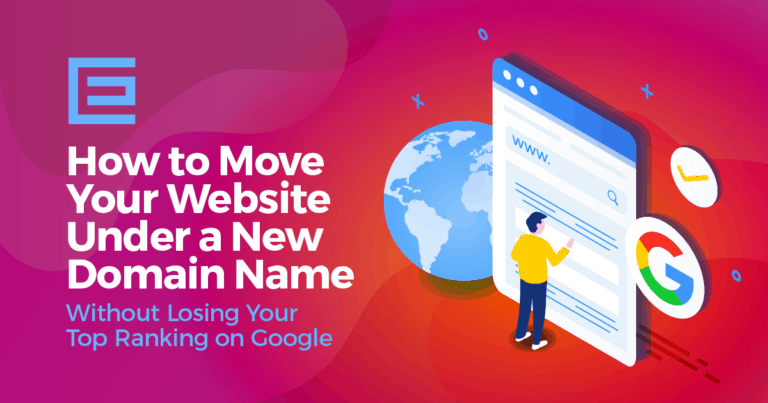That was the implication of a headline from a blog recently published on the
Harvard Business Review’s site.
Bill Lee, the president of Dallas-based Lee Consulting Group, ignited a firestorm with the premise that traditional marketing, including advertising, public relations, branding, and corporate communications, has been rendered obsolete and replaced with peer influence-based, community-oriented marketing.
Unfortunately, it’s not that simple. While Lee was focusing on marketing as a broad-based term, at best, his assertion only pertains to
internet marketing, an increasingly vital subset of the entire marketing pie. If Lee is correct and traditional marketing is no longer pertinent, companies would no longer require
logo designs, we wouldn’t be inundated with company slogans, and we’d never see another
celebrity endorsement. Frankly, that’s not realistic.
What Lee is hypothesizing is not that marketing itself is a dying industry, but that it’s undergoing a massive transformation. He suggests that marketing’s paradigm, even solely on the internet, has shifted from a vertical, top-down model to a horizontal approach where customers expect to engage with a brand and have the collaborative power to endorse products and businesses. With the rise of new platforms and applications, businesses no longer have a stranglehold on distribution (traditional media) because they’ve been replaced with ever-expanding communication channels. We now have constant and immediate access to a brand’s online influencers, referrals, and customers.
While Lee’s headline is misleading (a marketing tactic in itself), he is confirming a tenet of what we’ve been telling our customers here at
TheeDigital—that marketers need to embrace change and reallocate their
internet marketing resources to specialists who understand how to create and manage a collaborative community that inspires engagement and adoption.
As Lee dictates, the first step of the “new” marketing is acquiring buy-in from a target audience’s influencers. Similar to high school’s “popular group”, these are subject-based, often self-proclaimed experts who have the potential to influence the less vocal “silent majority.” Because, customers’ habits are heavily influenced by referrals from people whom they trust, it is imperative to cultivate these relationships through
social media management.
These reciprocal relationships allow marketers to stop talking about themselves and their products, and recognizing what their customers are discussing and are passionate about. By listening and engaging online, marketers are able to better understand their target audience’s habits by empowering advocates to have brand equity, a say-so, while also informing them and boosting their reputation.
Marketers can identify users who “Like” their Facebook page, pin and repin their content, tweet about their brand, write reviews, and gauge who carries clout. That information didn’t exist in traditional marketing’s heyday, but is only worthwhile if it empowers marketers to create authentic relationships within their online community.
Despite Lee’s claim, we at
TheeDigital don’t encourage abandoning traditional marketing methods. Not everyone continuously engages via social media, searches for a solution online, or consumes high value content, so a complementary approach often still makes sense.
Regardless of where the communication is conducted, however, the essence of marketing remains the same, to generate awareness and/or growth and maximize ROI. It still involves understanding where your audience is, listening to their needs and wants, and articulating value.
Tags: Miscellaneous • Questions & Answers





